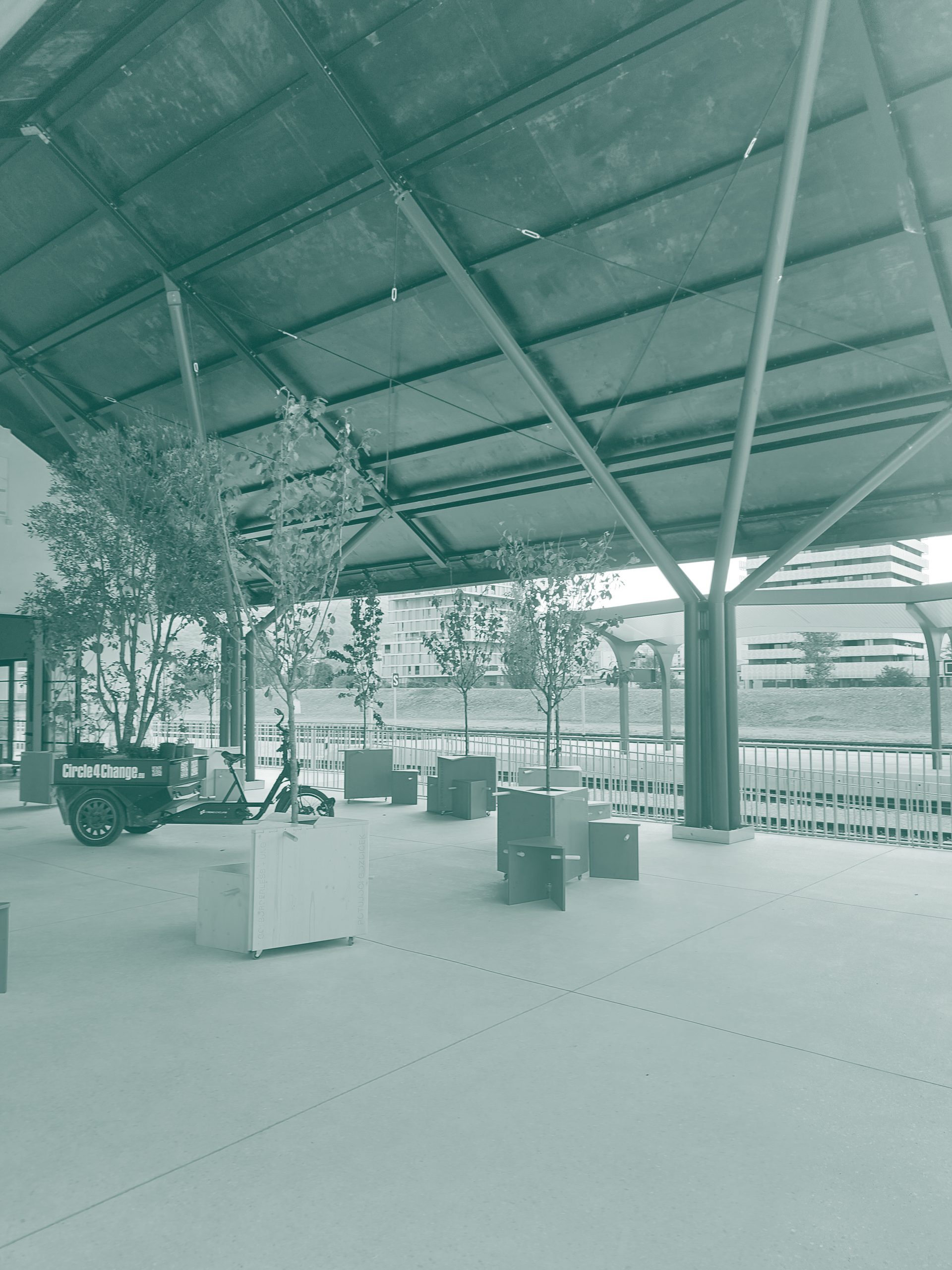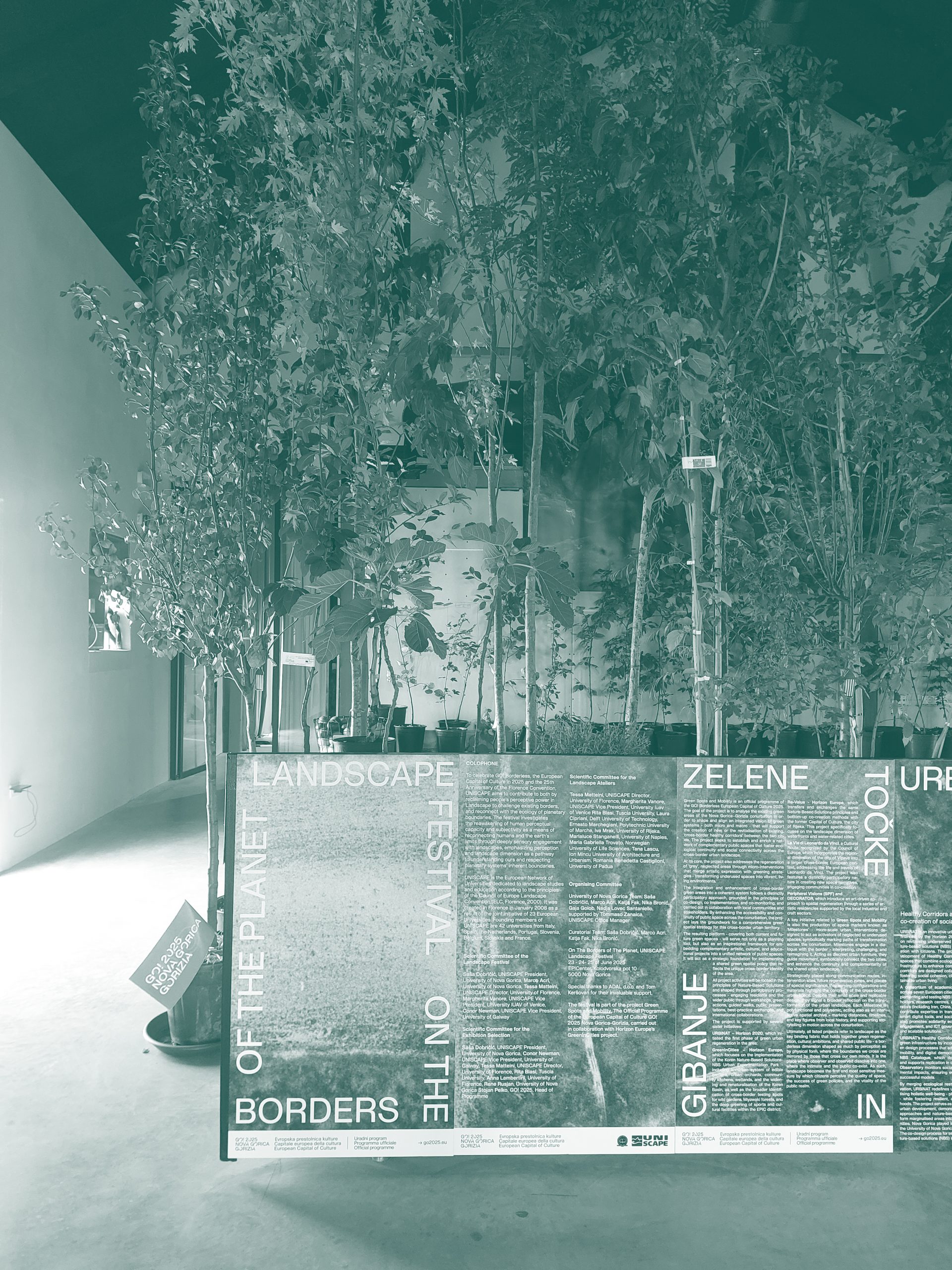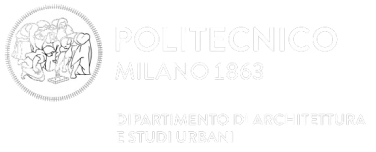From 23 to 25 June 2025, the UNISCAPE Landscape Festival On the Borders of the Planet took place at EPICenter, Nova Gorica (Slovenia). It was organised by the University of Nova Gorica and UNISCAPE, the European Network of Universities for the implementation of the European Landscape Convention, and it was part of the Official programme of GO!2025 Nova Gorica-Gorizia European Capital of Culture.
To celebrate GO! Borderless, the European Capital of Culture in 2025, and the 25th anniversary of the Florence Convention, the Uniscape Landscape Festival focused on reclaiming people’s perceptive power in landscape to challenge existing borders, and reconnecting with the ecology of planetary boundaries. The festival investigated the reawakening of human perceptual capacity and subjectivity as a means of reconnecting humans and the earth’s limits through deeply sensory engagement with landscapes, emphasizing perception and landscape dimension as a pathway to understanding ours and respecting planetary systems’ inherent boundaries.
The Festival Programme featured an open meeting of the UNISCAPE General Assembly, the Landscape Ateliers and site visits and other forms of informal interactions.
On the Borders of the Planet | Day 1
On Monday, June 23, 2025, the Landscape Festival kicked off joining creative dialogue, academic research, and cultural engagement, in the symbolic borderless location of the EPICenter building, located close by the cross-border square Piazza Transalpina-Trg Evrope, in Nova Gorica-Gorizia.
EPICenter is envisioned as a cross-border platform and participatory space dedicated to fostering the exchange of ideas and understanding of 20th-century history. EPIC aims to promote dialogue on shared identity and heritage, with local residents actively involved in shaping its content. The platform will address historical and cultural challenges, encouraging collaboration and critical dialogue among participants.
The borderless nature of the place perfectly embodied the borderless landscape vision driving the Festival thematic stream, guiding interdisciplinary teams of students, researchers and mentors in visual explorations of key issues around landscape, borders, and the migratory essence of all living and non-living elements of our planet.
The first day opened with a warm welcome from local authorities, including Mija Lorbek (CEO of GO! 2025), Rodolfo Ziberna (Mayor of Gorizia), and Samo Turel (Mayor of Nova Gorica). Following their remarks, the initiative was officially presented by the organising authorities Saša Dobričič (UNISCAPE President, University of Nova Gorica) and Matevž Čelik Vidmar (State Secretary, Ministry of Culture of Slovenia).
Guest authorities representing the Council of Europe joined the welcoming speeches, with contributions by Nino Latsabidze (Directorate of Social Rights, Health and Environment, Council of Europe) and Antonio Jesús Antequera Delgado (Vice-Chair of the 13th Conference on the Implementation of the Council of Europe Landscape Convention, Ministry of Culture and Sport of Spain).
The core of the morning session A Journey Through The Realms of The Landscape Dimension featured four cross-disciplinary and cross-sectoral keynote presentations.
Andreja Gomboc, Astrophysicist (University of Nova Gorica), pushed the boundaries of known and unknown, of distance and time, with the presentation of Spacescape.
Bruno Doedens, landartist, presented the project Circle4Change, a multi-year European social landscape artwork. Drawing a circular line through nine European countries, with Leeuwarden (NL) and Nova Gorica (SI-IT) as its two poles (Cultural Capitals in 2018 and 2025), the initiative passes through the Netherlands, Germany, Poland, Czechia, Austria, Slovenia, Italy, France, and Belgium combining trees planting, happening, community-building and positive activism.
Gregorio Božič, Film Director and Cultivator of Gardens, drove us across his research trajectory Uncommon fruits at the intersection of cinematography, visual arts and environemntal activism. Initiated in 2010, the gene bank Orchard in Kojsko (Goriška Brda, Slovenia) collects more than 120 different fruit varieties, from which 68 are endemic or traditional varieties from the Italo-Slovenian borderscape. The description of local varieties and the specific stories connected with them are collected in the book Fruit of the sun/Sadje sonca, published in 2014. Finally, Stojan Pelko (GO! 2025 Head of Programme) presented the GO!2025 ECoC Official programme.
The subsequent session, UNISCAPE in Action, featured presentations from UNISCAPE representatives: Margherita Vanore (Vice-President, Università Iuav di Venezia), Conor Newman (Vice-President, National University of Galway Ireland), Saša Dobričič (President, University of Nova Gorica), and Tessa Matteini (Director, University of Florence). Following this, Chiara Isadora Artico (Project Manager Go!2025, EGTC GO) introduced a prospective Memorandum of Agreement. This agreement will see the University of Nova Gorica, the University of Udine, and the University of Trieste strengthen their cross-border collaboration in Gorizia and Nova Gorica, contributing significantly to the legacy for the post-ECoC period. Boštjan Golob (Rector, University of Nova Gorica), Benno Albrecht (Rector, University IUAV of Venice) and Lluís Serra Majem (Rector, University of Las Palmas de Gran Canaria) discussed the opportunities and challenges of university networks and alliances as UNISCAPE.
The morning concluded with Franco Farinelli (University of Bologna) discussion of Alexander von Humboldt’s landscape invention, highlighting its legacy, limitations and potentialities for the emergence of a new understanding of landscape.
The afternoon session opened with the Exhibition Talk by Alice Mestriner and Ahad Moslemi, Dust a System of Relationships: Boundless/Borderless /Liminal. By analyzing the cultural genealogy within dust, their research advocates for a posthuman, post-colonial, post-fiction, post-death, and post-linguistic reframing of dust to inspire a new society and way of experiencing the world.
It followed the workshop with landartist Bruno Doedens, who fostered a collective reflection on the notions, perceptions and lived experiences of border and landscape. He invited all the participants to discuss, join and contribute to the legacy of Circle4Change project.
The UNISCAPE Next Generation Landscape Forum, observed by the Youth Group for GO! 2025 Advocacy for an Art-Based Citizenship and the UNISCAPE General Assembly, concluded this intense and thought-provoking opening day of the Landscape Festival.
Landscape Ateliers | Day 2
The Landscape Ateliers showcased the selected contributions across five thematic roundtables with presentations and dialogue among invited guests and participants:
1. Territorial Borders: Lines in the Sand
2. Borderscapes: Where Worlds Meet
3. Climate Crisis: A Borderless Planet
4. Migrations: The Moving Nature of Living Beings
5. Fluid by Nature.
Our team participated in two of the thematic tables.
Alessandra Volgger and Ingrid Kofler presented the Italian Borderscapes After 2020 research framework by focusing on the liminal landscapes of migrations, participating in the thematic table Migrations: The Moving Nature of Living Beings.
Valentina Rodani offered the research insights from the Italo-Slovenian Borderscape with the visual essay titled Liminal landscapes. Thresholds of spatial belonging and temporal becoming in the Italo-Slovenian borderscape, taking part to the working group Borderscapes: Where Worlds Meet.
Each atelier’s collective work was finally presented during the afternoon session with Outcome presentations.


